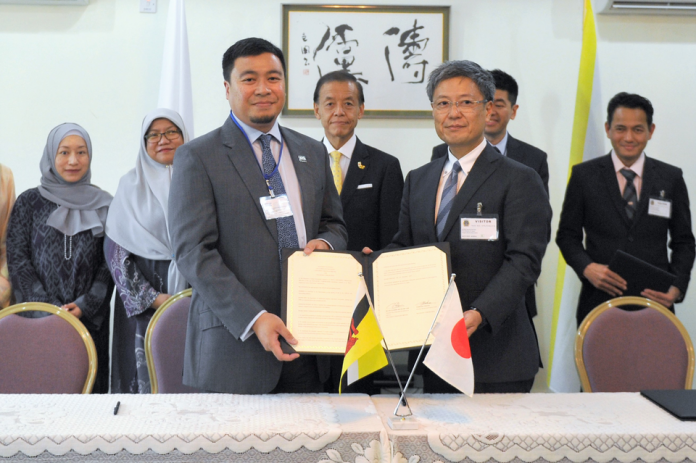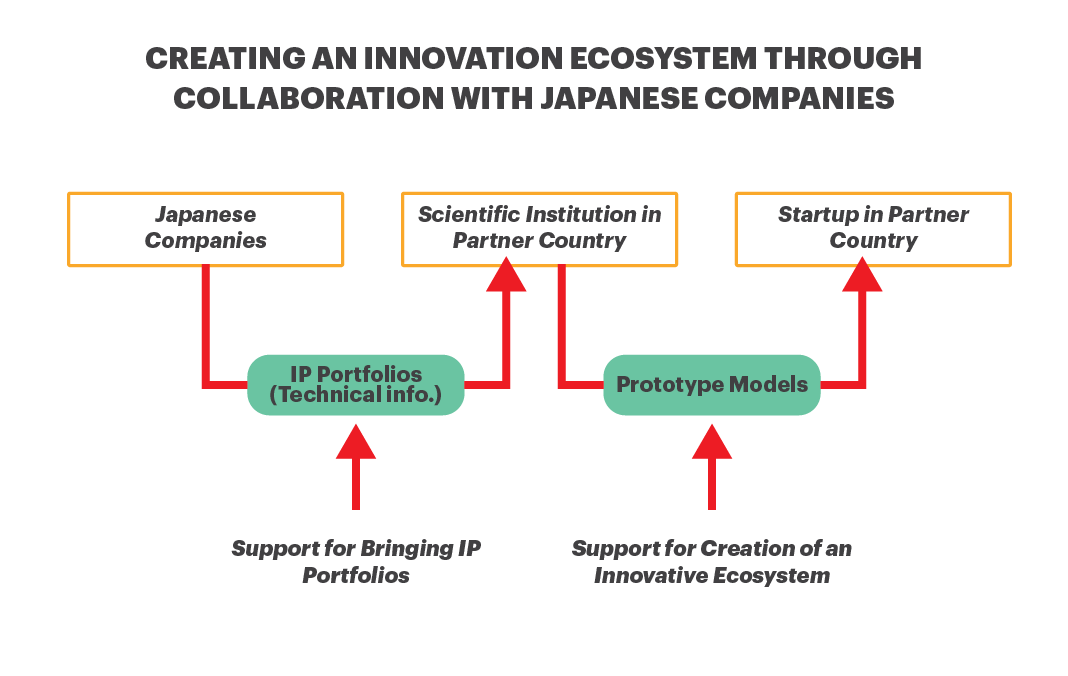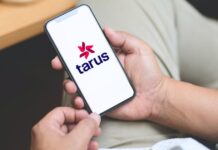
Unversiti Brunei Darussalam (UBD) and Universiti Teknologi Brunei (UTB) will have access to Panasonic’s patented technology to research and develop new products that could be marketed by local startups after signing a statement of intent (SOI) with the Japanese electronics giant last Thursday.
Director of Panasonic Corporation’s Intellectual Property Center Yoshiaki Tokuda said the collaboration between the intellectual property (IP) of large tech corporations, scientific institions and startups was a “proven innovation ecosystem model” in Japan, with Panasonic now keen to similarly market their IP in Southeast Asia.
Tokuda said that Brunei is the second country in ASEAN who Panasonic have signed an SOI with for their IP portfolio after Singapore – who have gone on to develop a commercial fish farming system using Panasonic’s sensing technology initially designed for humans.
“Panasonic is major supplier of IP with over 180,000 granted patents and 690,000 patent applications,” said Tokuda after the signing. “Now we want to open access of these portfolios to Brunei organizations which can be used to develop innovative products especially in tech, healthcare and agriculture.”

Assistant Vice-Chancellor of UBD Pg Dr Mohammad Iskandar Pg Hj Petra said that the SOI follows their engagement with the Japan External Trade Organization (JETRO) to identify patents that could be developed into new, commercialized products by both students and academics in collaboration with local companies.
“We will explore the possibilities to develop prototypes in collaboration with potential or existing startups with IP and technical support from Panasonic,” said Pg Dr Mohd Iskandar. “A match means that our research and development cycle may be significantly shortened, hastening our commercialization efforts.”
Aside from licensing IP, Panasonic has an extensive ‘IP Monetization Program’ that allows for the use of their subsidaries’ manufacturing facilities at subisized rates to produce new products.
Tokuda said that the provision of Panasonic’s IP and technical support typically carries fees, but clarified that they were not necessarily immediate or upfront.
“We are flexible on the returns (for the IP and tech),” said Tokuda who also met with local startups housed at the Anggerek Desa Technology Park. “The license fees could be based on sales, royalties and there is also possibility of the exchange of startup shares or joint investment.”











